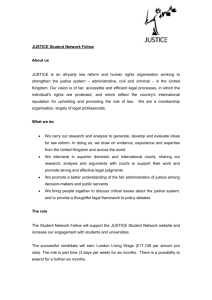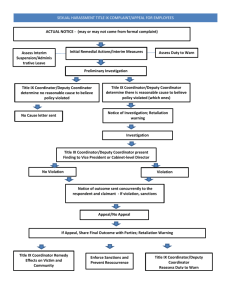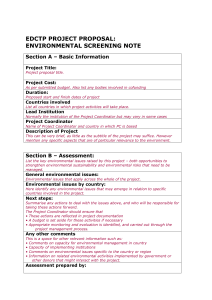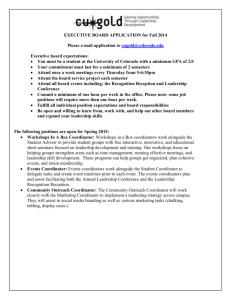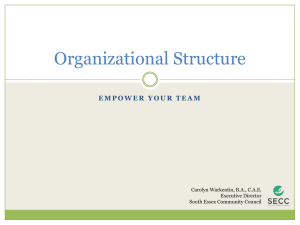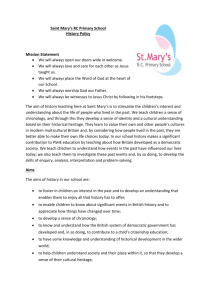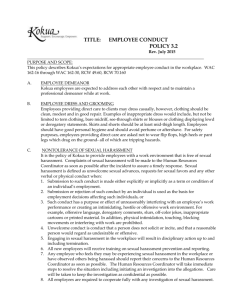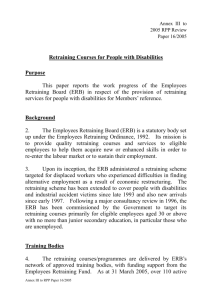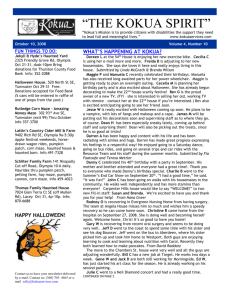Policy 3.5: Employee Performance
advertisement
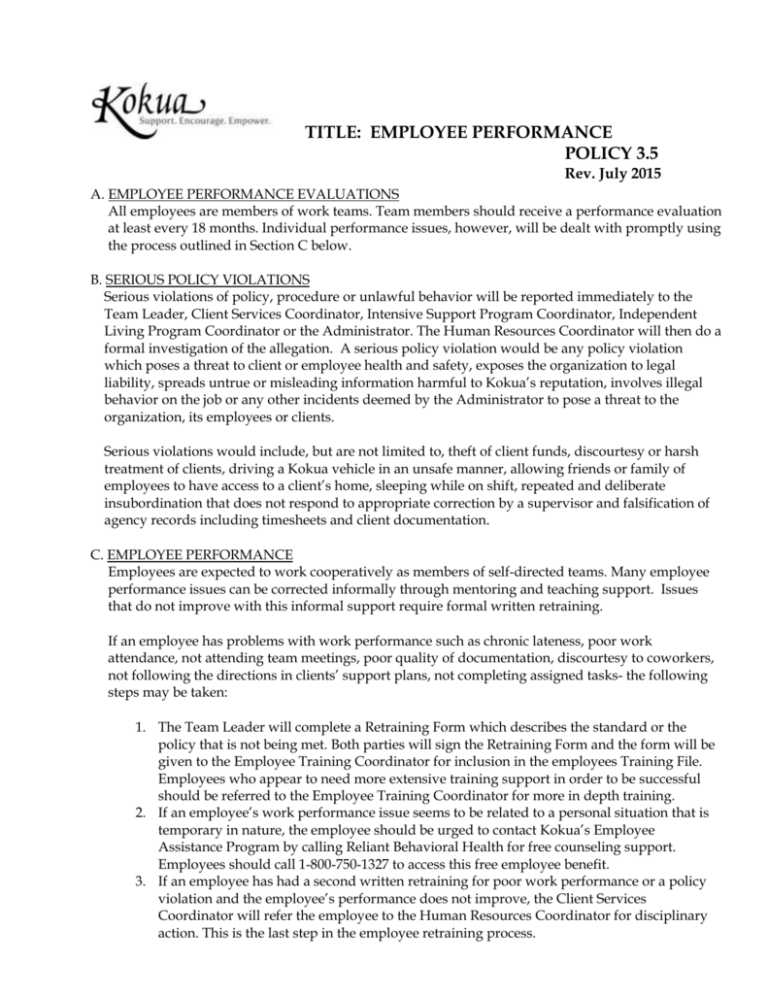
TITLE: EMPLOYEE PERFORMANCE POLICY 3.5 Rev. July 2015 A. EMPLOYEE PERFORMANCE EVALUATIONS All employees are members of work teams. Team members should receive a performance evaluation at least every 18 months. Individual performance issues, however, will be dealt with promptly using the process outlined in Section C below. B. SERIOUS POLICY VIOLATIONS Serious violations of policy, procedure or unlawful behavior will be reported immediately to the Team Leader, Client Services Coordinator, Intensive Support Program Coordinator, Independent Living Program Coordinator or the Administrator. The Human Resources Coordinator will then do a formal investigation of the allegation. A serious policy violation would be any policy violation which poses a threat to client or employee health and safety, exposes the organization to legal liability, spreads untrue or misleading information harmful to Kokua’s reputation, involves illegal behavior on the job or any other incidents deemed by the Administrator to pose a threat to the organization, its employees or clients. Serious violations would include, but are not limited to, theft of client funds, discourtesy or harsh treatment of clients, driving a Kokua vehicle in an unsafe manner, allowing friends or family of employees to have access to a client’s home, sleeping while on shift, repeated and deliberate insubordination that does not respond to appropriate correction by a supervisor and falsification of agency records including timesheets and client documentation. C. EMPLOYEE PERFORMANCE Employees are expected to work cooperatively as members of self-directed teams. Many employee performance issues can be corrected informally through mentoring and teaching support. Issues that do not improve with this informal support require formal written retraining. If an employee has problems with work performance such as chronic lateness, poor work attendance, not attending team meetings, poor quality of documentation, discourtesy to coworkers, not following the directions in clients’ support plans, not completing assigned tasks- the following steps may be taken: 1. The Team Leader will complete a Retraining Form which describes the standard or the policy that is not being met. Both parties will sign the Retraining Form and the form will be given to the Employee Training Coordinator for inclusion in the employees Training File. Employees who appear to need more extensive training support in order to be successful should be referred to the Employee Training Coordinator for more in depth training. 2. If an employee’s work performance issue seems to be related to a personal situation that is temporary in nature, the employee should be urged to contact Kokua’s Employee Assistance Program by calling Reliant Behavioral Health for free counseling support. Employees should call 1-800-750-1327 to access this free employee benefit. 3. If an employee has had a second written retraining for poor work performance or a policy violation and the employee’s performance does not improve, the Client Services Coordinator will refer the employee to the Human Resources Coordinator for disciplinary action. This is the last step in the employee retraining process. 4. If a Client Services Coordinator does a written retraining with a Team Leader for poor performance or for a policy violation and if the poor performance continues or the policy violation is repeated, the Client Services Coordinator will refer the Team Leader to the Human Resources Coordinator for disciplinary action. The steps outlined here do not imply a guarantee of progressive discipline. Kokua is an “atwill” employer and reserves the right to terminate any employee with or without cause. D. EMPLOYEE DISCIPLINE Employees whose policy violation or performance issues do not improve with retraining will be subject to disciplinary measures. Employees may receive verbal counseling, written warnings, performance agreements, suspensions or termination of employment, depending upon the severity of the issue and the willingness of the employee to rectify the situation to the satisfaction of the employer.
